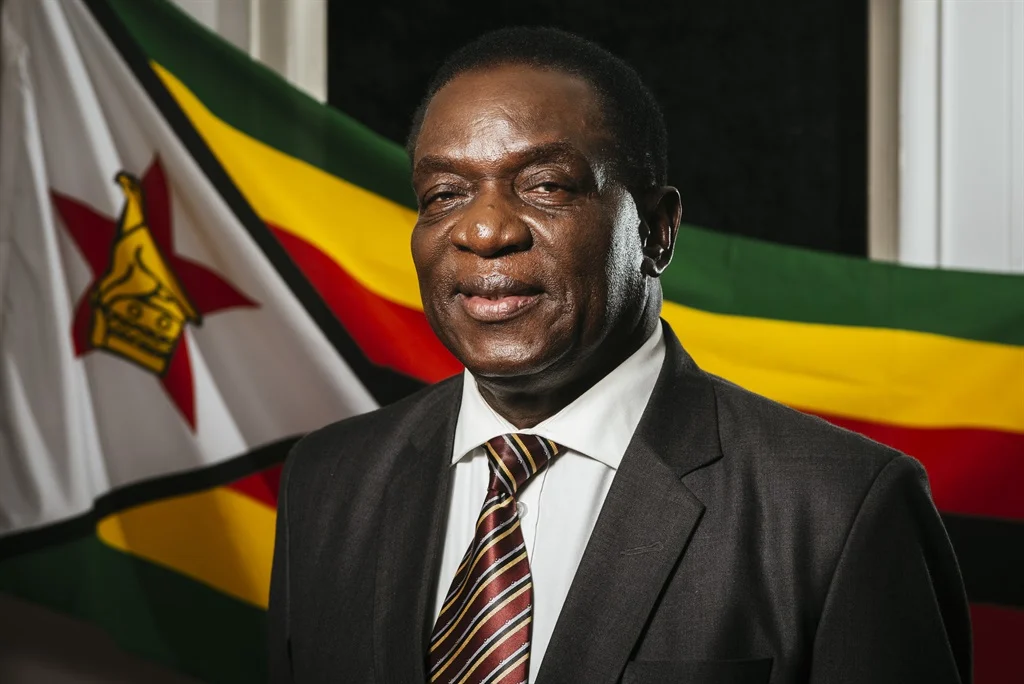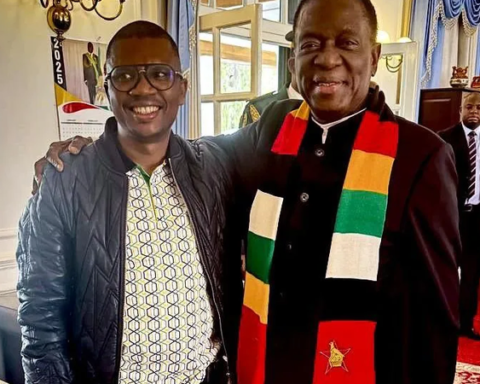President Emmerson Mnangagwa has signed Zimbabwe’s disputed Private Voluntary Organisations Amendment Bill into law, giving authorities sweeping powers to control NGOs operating in the country. The legislation took effect Friday after being gazetted as Act No. 1 of 2025.
The new law introduces significant amendments to the PVO Act, Money Laundering and Proceeds of Crime Act, and Criminal Law Act. It establishes a comprehensive framework for government oversight of civil society organizations.
Authorities now have the power to scrutinize organizations’ internal structures, funding sources, and affiliations. The legislation creates strict definitions for “beneficial owner” and “controller” while imposing penalties of up to 35 years imprisonment for violations involving illicit financing.
The government can also deregister organizations, seize assets, or completely dissolve entities found to be non-compliant with the new regulations.
A newly formed Private Voluntary Organisations Board will manage compliance oversight. This board will include representatives from various government ministries alongside civil society members.
Zimbabwe’s government has defended the amendments as necessary measures to combat terrorism financing and money laundering activities potentially conducted through NGOs.
“This legislation strengthens our ability to ensure transparency and accountability in the non-governmental sector,” a government spokesperson stated.
However, the law has faced strong criticism from human rights advocates and international organizations, including the United Nations. Critics warn it could be weaponized to suppress dissent and restrict independent civil society operations.
“This represents a serious threat to civic space in Zimbabwe,” said a spokesperson from a leading human rights organization. “The vague definitions and broad powers could easily be misused to target groups that challenge government policies.”
The legislation comes amid growing concerns about democratic freedoms in Zimbabwe, where civil society groups have played crucial roles in monitoring government actions and advocating for human rights.
International donors who fund development work in Zimbabwe have expressed concern that the law might complicate their ability to support humanitarian and development programs in the country.







